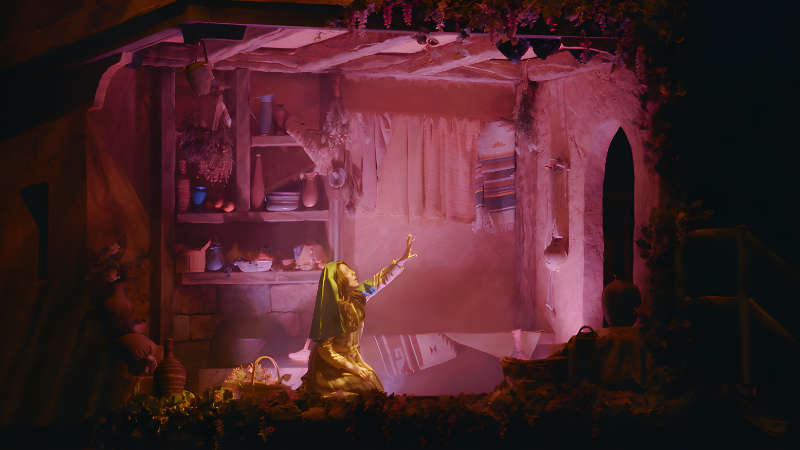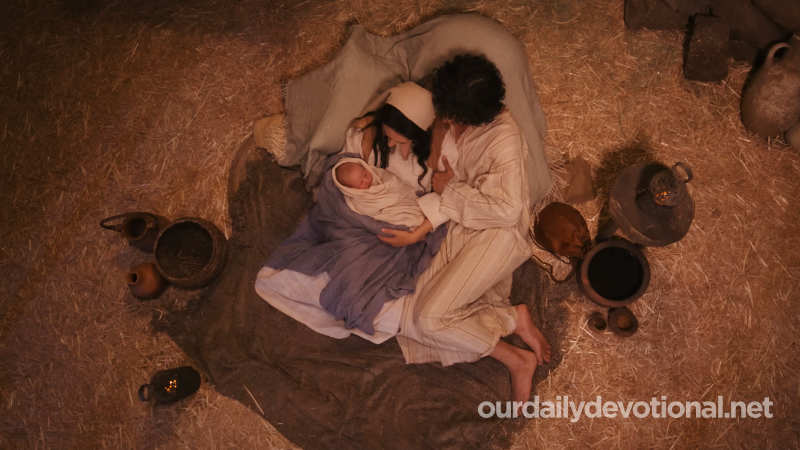"(God) has opened (the eyes)."
Son of Remaliah and captain of Pekaiah, king of Israel, whom he murdered to seize his throne. He devoted himself to the worship of the golden calf just as Jeroboam I had done (2 Kings 15:25-28).
At the end of the reign of Jotham, king of Judah, Pekah allied himself with Rezin, king of Syria, to attack Judah and impose another king. The allies invaded Judah at the time when Ahaz had succeeded Jotham.
The Syrians, intending to unite with Pekah at Jerusalem, advanced east of the Jordan. Burning and looting everything, Pekah's army headed towards Jerusalem, whose inhabitants were terrified.
The prophet Isaiah assured the king and the people that the Lord would deliver them if they trusted Him completely. Disdaining this advice, Ahaz preferred to purchase the help of Tiglath-pileser III, king of Assyria.
The Assyrian army crossed Galilee (2 Kings 15:29), reaching Philistia in 734 BC, a maneuver that forced Pekah and Rezin to withdraw their troops from the country of Judah, in order to protect their own states.
Upon his retreat, Pekah deported a large number of the inhabitants of Judah, but certain princes of Israel clothed them, fed them, and set them free, thanks to the exhortation of the prophet Obed (2 Kings 16:5-9; 2 Chron. 28:5 -15; Isa. 7:1-13).
In the year 730 BC, Hosea, son of Elah, killed Pekah, in turn usurping the throne of Israel (2 Kings 15:30), acting in complicity with Tiglath-pileser III.
The Hebrew text of the OT states that Pekah's reign lasted twenty years (2 Kings 15:27); This figure cannot refer to the time that he occupied the throne of Samaria, since Manahem, one of his predecessors, occupied the throne around the year 738 BC. when Tiglath-pileser III was already king of Assyria (2 Kings 15:19).
This apparent discrepancy has the following explanation. The statement of 2 Kings 15:27: “In the fifty-second year of Azariah king of Judah, Pekah son of Remaliah reigned over Israel in Samaria; "and he reigned twenty years," does not necessarily mean that he reigned for 20 years in Samaria.
Pekah's association with the Gaaladites (2 Kings 15:25) could indicate that he established his initial dominion over the north of the country of Gilead and over Galilee (possibly in 749 BC) favored by the disorders that occurred at the time of Jeroboam II, and who maintained his authority during most of Manahem's reign.
This could be the reason for Manahem's call for help to Tiglath-pileser III, who invaded the northern kingdom of Israel, consolidating Manahem's authority over the entire country (2 Kings 15:19).
Pekah would then have stopped opposing Manahem (like Abner in the time of David), and would have sworn allegiance to him, receiving an important position in the Israelite army from the king. After the death of Manahem, Pekah, perhaps supported by Rezin in the absence of Tiglath-pileser III, seized the throne of Israel in the year 52 of Azariah, king of Judah, and then exercised dominion over the entire territory.
Meaning of PEKA
"(God) has opened (the eyes)."
Son of Remaliah and captain of Pekaiah, king of Israel, whom he murdered to seize his throne. He devoted himself to the worship of the golden calf just as Jeroboam I had done (2 Kings 15:25-28).







